Here's Why 2017 Will Go Down In Automotive History, For Better Or Worse
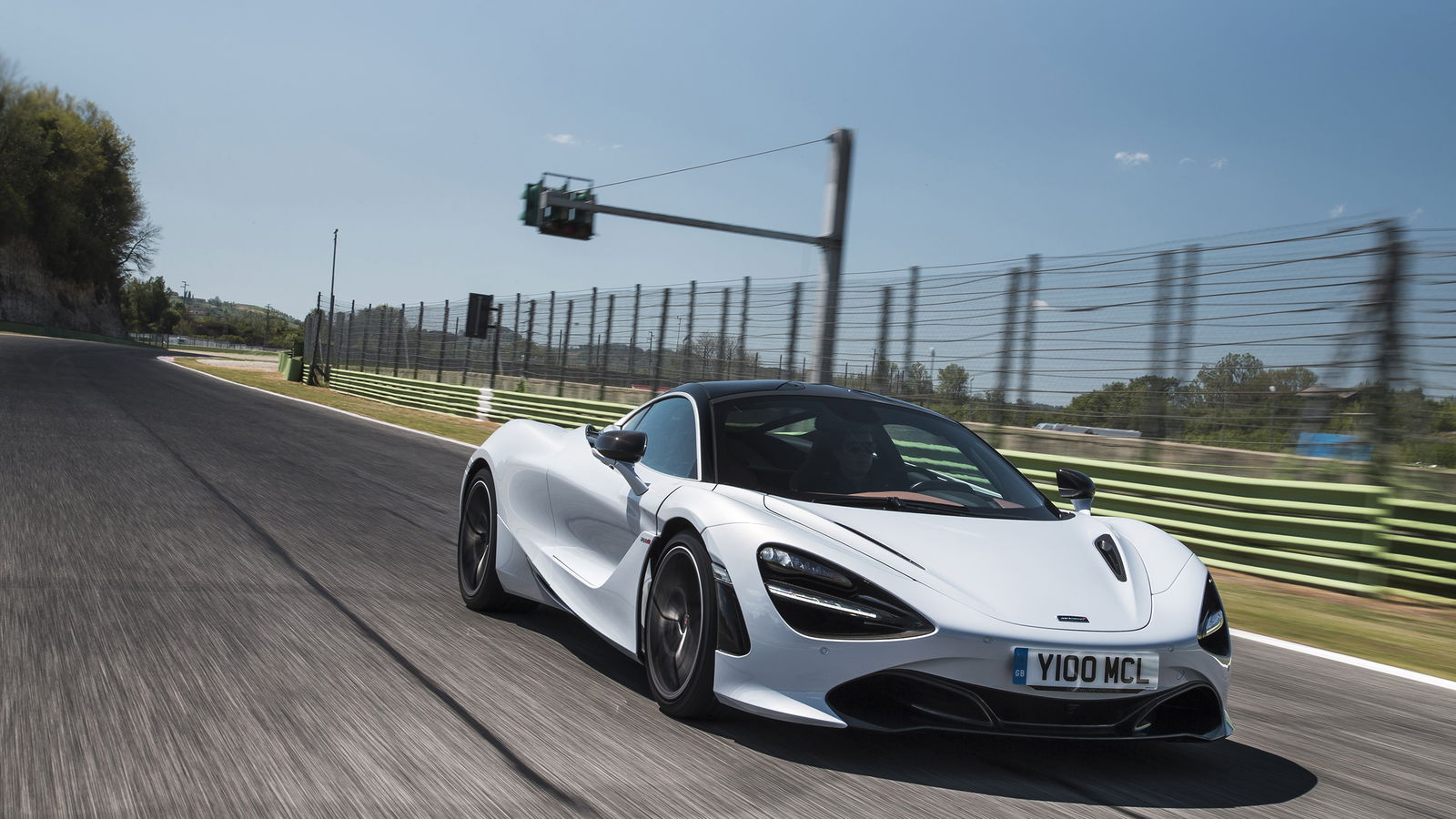
This year has been one of immense change in the car world. You could, and probably should, call it progress. But never before has automotive progress been presented in such dichotomy.
Let’s start with the McLaren 720S. Justifiably announced as Evo Magazine’s outright car of the year, we’ve been typing orgasms about it all year long since its launch about 10 months ago. Faster, more engaging and just generally more super than even the old 675LT, which itself earned ridiculous praise, the 720S is arguably the prime example of the kind of leaps we’ve seen this year.
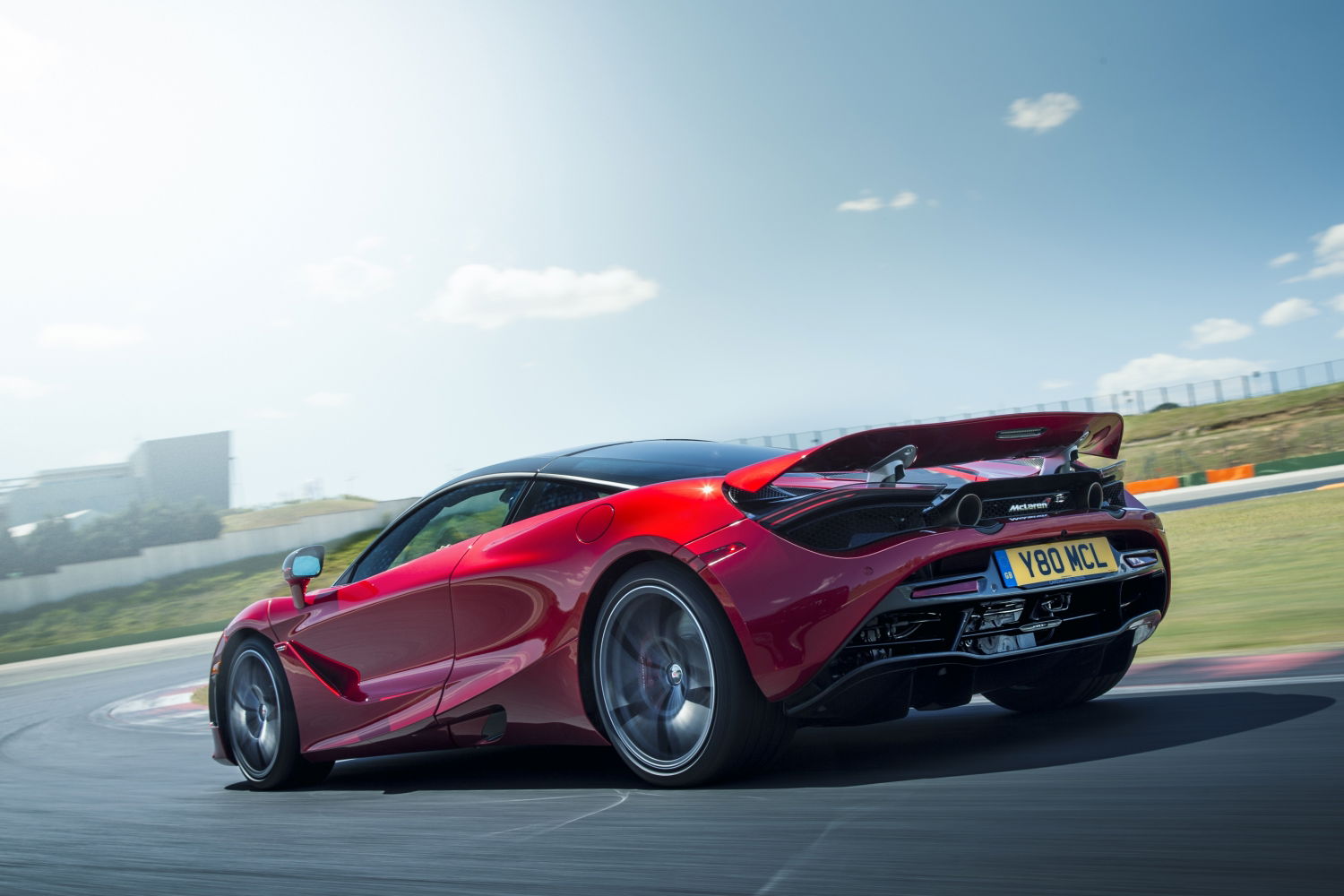
We saw it set a 9.7-second quarter-mile, pump out way more power than advertised on the dyno and obliterate the previously unstoppable Tesla Model S P100D in drag races. The more we looked at it, the prettier it seemed. The more desirable. It’s a legend in its own time and has taken the fight to Porsche and Ferrari in a way that the once untouchable kings of the supercar scene must have found terrifying.
We’ve also witnessed the evolution of a new generation of hot hatchbacks. Now dealing out over 300bhp per car, these everyday heroes are as fast as the supercars of yesteryear. The fifth-generation Honda Civic Type R was 2017’s best, emerging after just two years in production for the slightly half-baked MkIV. Like the 720S, it moved the goal posts farther than anyone could have predicted.
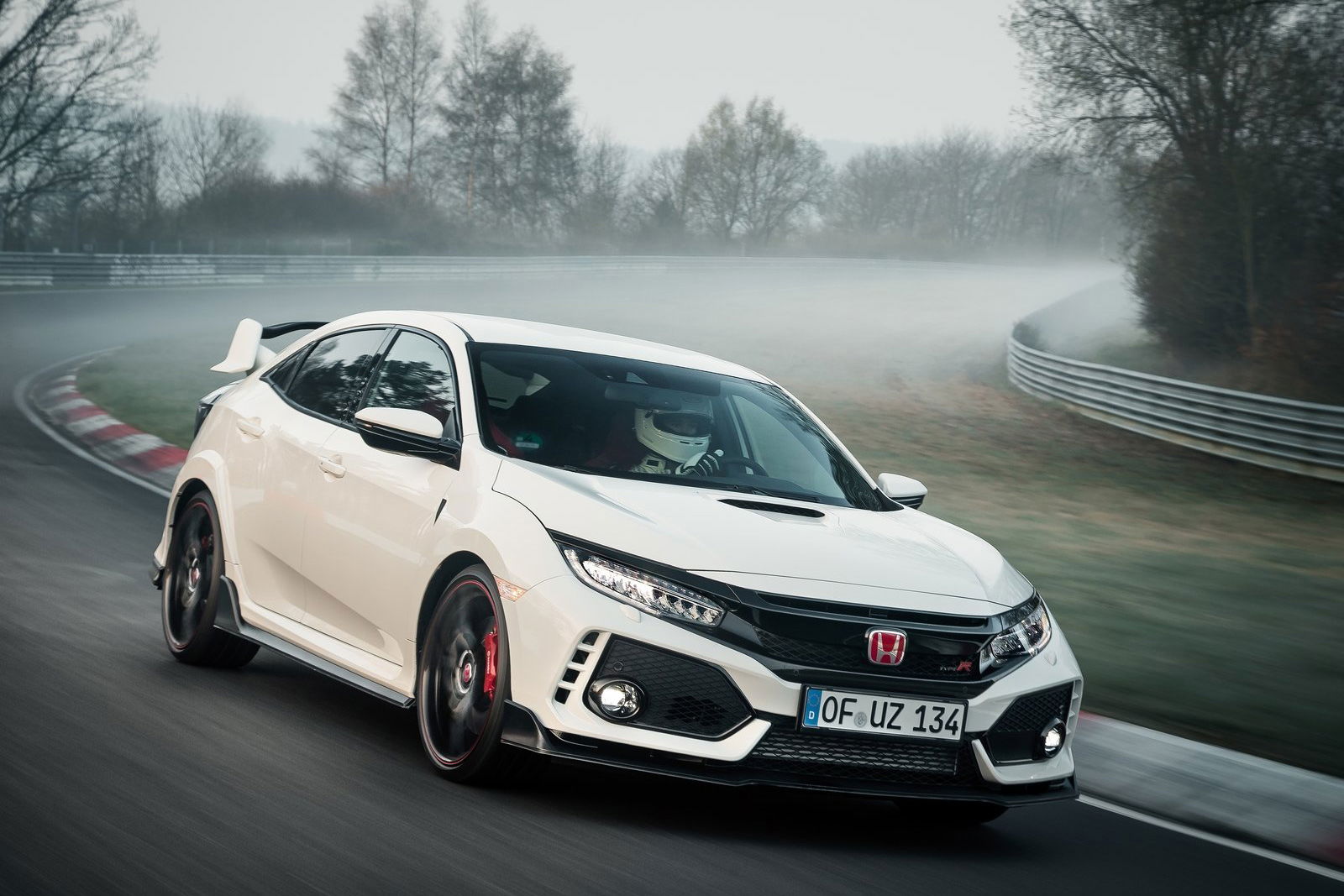
The good news and fun times were tempered by a spate of ugly stories that unfolded over the summer. Total bans on internal combustion-powered cars in smog-blighted Paris and bicycle-friendly Oxford joined similar countrywide plans in France and the UK. The article I wrote criticising the city-scale bans earned me a sizeable Twitter backlash from the political enviro-Left, but I stand by every word.
These stories brought the uncomfortable future reality of a petrol- and diesel-free country home to roost. While hybrids are safe, for now, anything powered solely by fossil fuels will be banned from new-car showrooms. Car makers have to adapt. In fairness they have plenty of time to do it, but the legislators have made 2017 the year that put an expiry date on many countries’ love affairs with burning oil-based liquids in cars. We made a short list of the awesome machines we now know we’ll lose forever. Sniff.
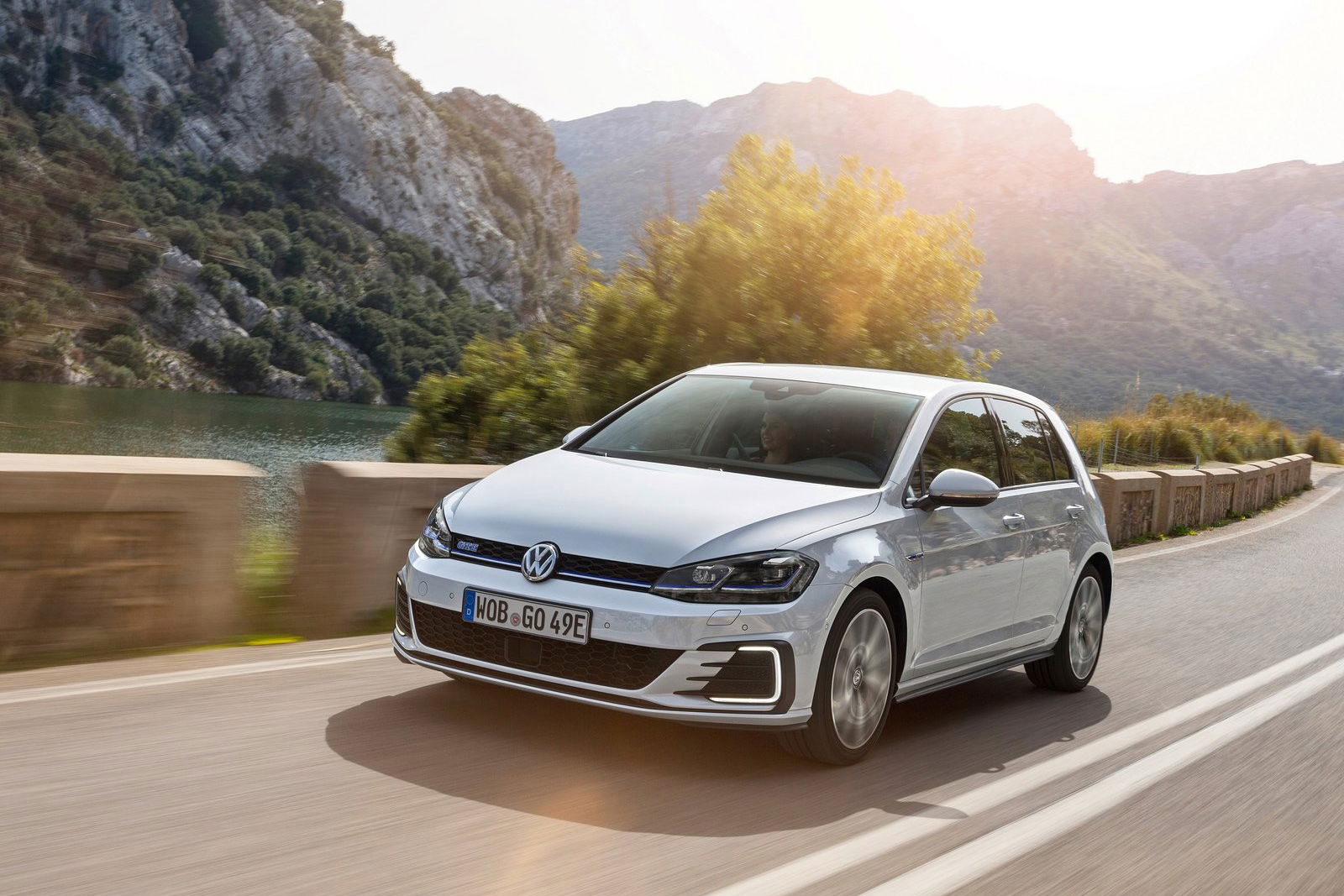
We come to the end of the year in mixed spirits, then. Pure-breed supercars like the 720S are better than ever. We’ve reached new heights in design, performance and lap times. We’ve had plenty to celebrate in 2017, and celebrate we did.
There’s an inescapable bitterness at the back of our throats, though, caused by the knowledge that time for the cars we’ve known and loved is running out. Sure, hybrid hypercars are showing us that there’ll be no shortage of speed in the post-petrol world, and we don’t doubt that a lot of cars will simply get by as mild hybrids with the minimum of electrical involvement, but huge change never comes without a cost. As petrolheads, we’re the ones set to pay that cost.
The question is this: when we all reach retirement, will we look back on 2017 as the year the human race achieved momentous environmental progress, or the year we lost something wonderful?
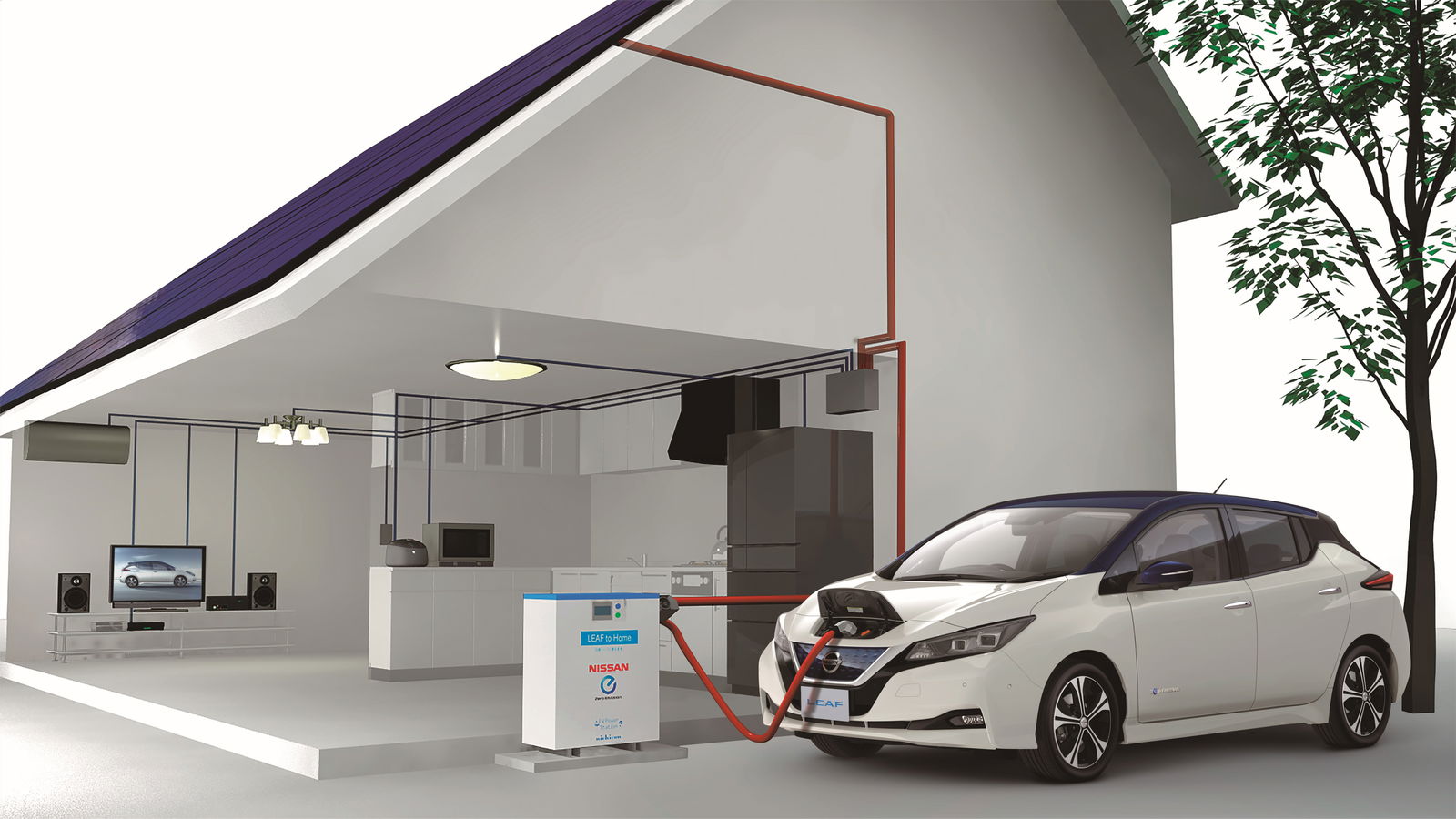
Comments
Title looks unfinished.
“Here’s Why 2017 Will Go Down In Automotive History, For Better Or Worse”???
Great year. Valkyrie, New vantage, DB11 V8 and a hardcore Vulcan.
I want to pulverize those fools who are trying to ban gasoline powered cars with missiles but I can’t. Because they will kill me before I CAN EVEN STRIKE…
This summery is the best i’ve heard for 2017.
Perfecrly fitting!
Half an article about the 720s and not a word about the gt2rs. Disappointing.
Bad year because the Holden and AUDM is dead…
2017 was a pretty interesting year to say the least
They’re going to be in for a shock when fossil fuel cars are all banned and air quality is still poor and the polar bears are still starving. But I doubt we’ll get an apology. They’ll just find somebody else to blame.
It shouldn’t be too bad, as we still have a fair bit of time before electric technologies are up to standard for a worldwide demand and for it to also be cheap and affordable too, along with the autonomous technology in cars as that would be decades away from considering that the coding and programming behind will have to be perfected before being within every car and having solely autonomous cars as there are many things to consider since human behaviour cannot be forseen compared to robotic actions, which will increase the time as long as their humans driving.
Also they would not be able to completely ban ICE vehicles from driving, as there would be complete backlash against as many people will be still wanting to drive their classics and current cars around, but governments will most likely make the cost of an ICE car much more expensive to run, plus motorsport will be very hard to replace with EV as endurance races cannot be replaced since the batteries cannot last for 24hrs straight along with dirt motorsports.
Lastly no matter what we are always able to still drive whatever and however we want as long as we have large private properties, which will be able to keep the ICE alive.
Soo no CT awards?
Pagination